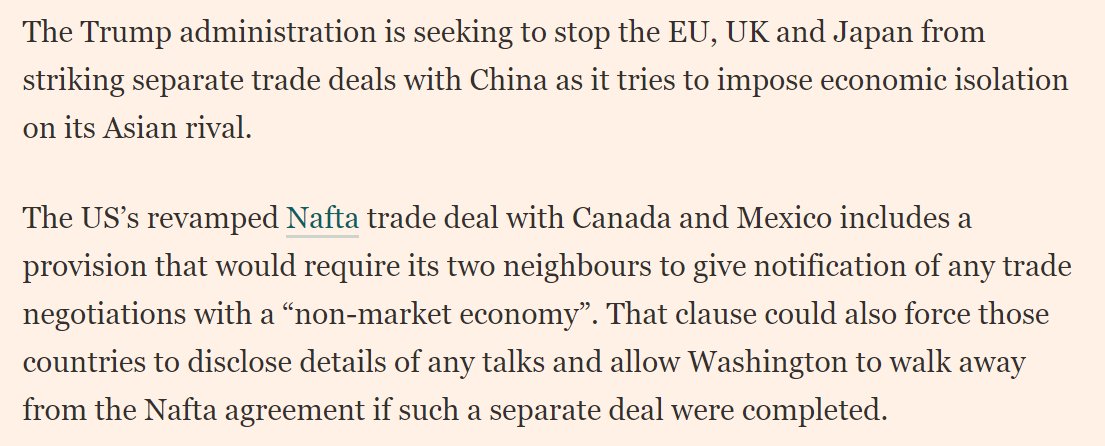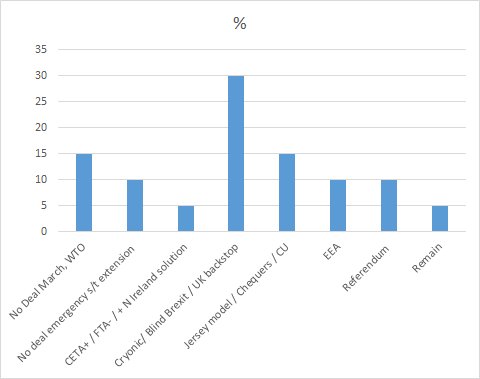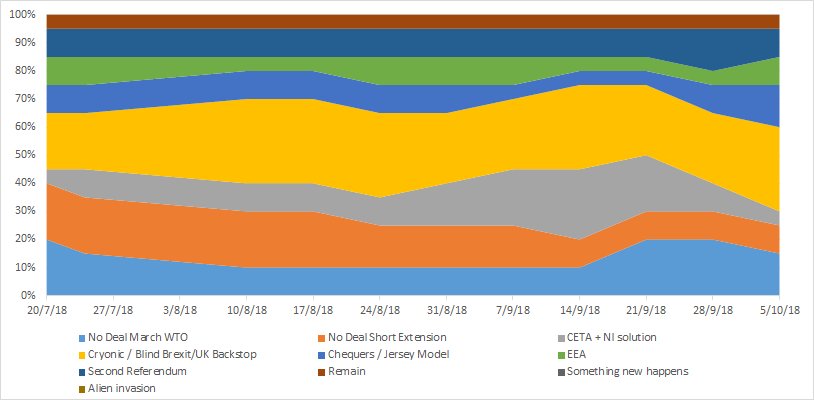Not-at-all cheery conversation about how some visiting musicians needing visas to enter UK have decided not to play here due to recent rise in costs. You can't have #GlobalBritain if foreigners aren't allowed in the country.
More on the story here - I missed this originally back in August theguardian.com/global/2018/au…
To be clear - there is no reason this should be a remain v leave issue.
• • •
Missing some Tweet in this thread? You can try to
force a refresh










